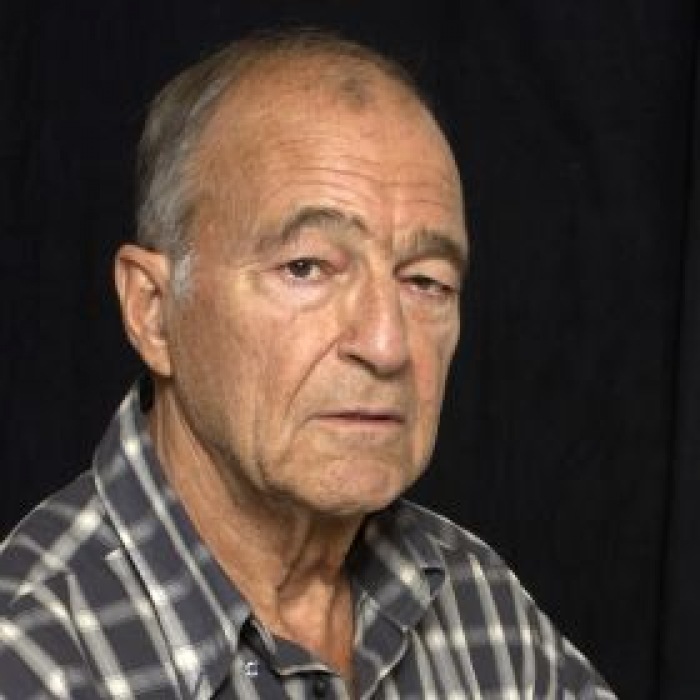"A Fearless Enlightener": Eulogy to gbs Adviser Prof. Dr. Franz Buggle

franz_buggle.jpg
Photo: Evelin Frerk
Franz Buggle is dead. The well-known developmental psychologist and religious critic died last week in Au near Freiburg. A eulogy by Michael Schmidt-Salomon.
If you look at the most important religion-critical books of the last decades, you will inevitably encounter the title "Denn sie wissen nicht, was sie glauben - Warum man verredlicherweise nicht mehr Christ sein kann" ("For they don't know what they believe - Why one can't be a Christian anymore") by Franz Buggle. Rightly so! There is hardly another book that has moved believers and unbelievers as much as this one. I know from numerous conversations: For many reading the "Buggle Book" was the decisive impulse to finally turn their backs on the church.
When I read Buggles brilliant polemic shortly after its publication in 1992, my parting from the church was already behind me. Nevertheless, I was deeply impressed by the work: Never before had an author demonstrated the ethical inadequacy of biblical scripture in such clarity. Only after I had read Buggle did I understand that the "Criminal History of Christianity" (Deschner) was not an "accident", but derived logically from the religious source texts. Buggle had the courage, as a psychologist, to formulate what most theologians swept under the rug all too gladly, namely that the bible is "in its central parts a violent inhuman book", which falls short of all minimum standards of "ethics that can be accountable today". This realization was shocking, especially for "enlightened Christians": Because with it the popular compromise formula "Jesus yes, church no" was just as invalid as the attempt of liberal theologians to save exegetically what can no longer be saved in an honest way.
In the mid-1990s I met Franz Buggle personally, who preferred to be called "Frank" rather than "Franz". "Frank", who taught as professor of developmental psychology in Freiburg from 1974 to 1998, had nothing "professorial" about him - apart from a certain "professorial absent-mindedness" that the multi-reader sometimes displayed. He was friendly, courteous and above all: refreshingly unarrogant. However, he was depressed by the experiences he had to make since the publication of his religion-critical book. In contrast to his other publications, the work was hardly noticed in the scientific community; television and radio broadcasts to which he was invited were cancelled at short notice. He felt isolated in this respect for a long time, condemned to a "lone fighter existence". A subject we often talked about.
It was therefore a matter of course that we asked "Frank" whether he wanted to become a member of the foundation's advisory board when the Giordano Bruno Stiftung was established. Of course he agreed instantly and was immediately fully committed to the cause. From the very beginning, he was present at almost all the foundation meetings and participated actively in the discussions - even as his state of health deteriorated increasingly as a result of cancer.
Death came much too soon for him. Because "Frank" had big plans. Above all, he finally wanted to write the longawaited sequel book to "Denn sie wissen nicht, was sie glauben". But nothing ever came of it: On January 12, Franz "Frank" Buggle died at the age of 77 due to his severe illness. I learned a lot from him. He was a fearless enlightener, a courageous fighter for humanity and for intellectual honesty. We miss him already.
